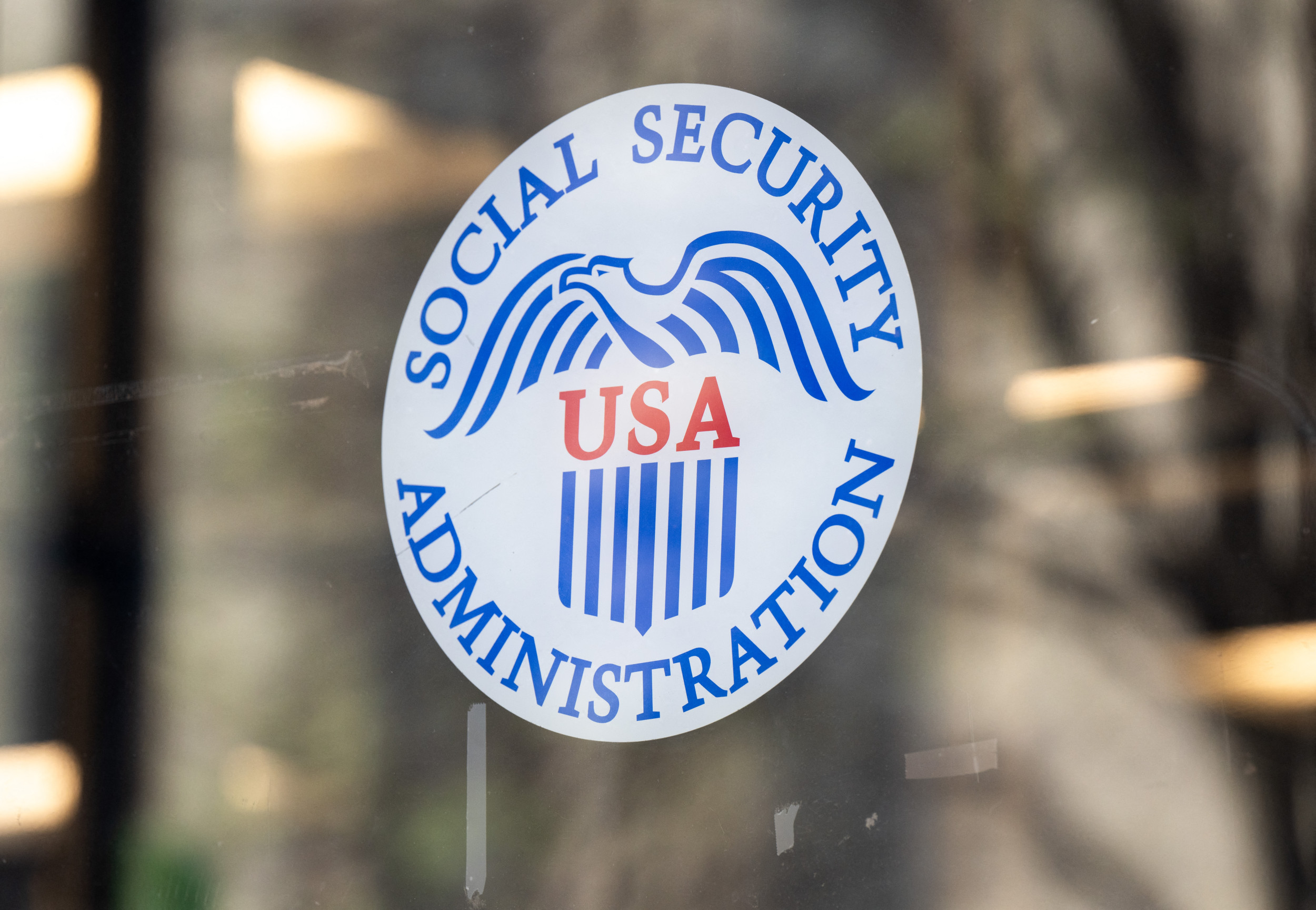
Nearly one in four Americans in relationships are remaining with their partners primarily due to financial constraints, according to a new national survey.
The data highlights a growing link between economic pressure and personal decision-making in modern relationships.
Why It Matters
The study from Self Financial underscores how deeply money impacts romantic choices. It suggests that economic pressures not only shape when and whom people marry but also whether they remain in relationships that no longer serve them emotionally or psychologically.
The findings come amid rising living costs across the United States, which can make single living or separation prohibitively expensive. For many, shared rent, utilities, and other joint expenses are the only way to maintain financial stability.

Jim Sugar/Corbis via Getty Images
What To Know
The survey from Self Financial, which polled over 1,048 U.S. residents, found that roughly 24 percent of people currently in a relationship said they would leave if they could do so without suffering a financial loss.
“If the situation were truly unbearable, most people could adjust their lifestyle. They’d downsize, simplify, and make it work. However, many stay because it feels safer to endure a bad relationship than to risk being untethered from their tribe,” Kevin Thompson, the CEO of 9i Capital Group and the host of the 9innings podcast, told Newsweek.
The survey also found that an overwhelming number of respondents, 86.6 percent, said that they’ve had a conflict with their partner over finances. Those conflicts caused breakups in some instances. 41.4 percent of respondents said that money was a factor in a past breakup, including 18.6 percent who initiated the breakup and 22.8 percent who cited it as a “contributing factor.”
This dynamic is reflected in broader social trends.
Research from Cornell University earlier this year found that couples facing high financial stress are more likely to avoid meaningful conversations about their problems.
According to the study, this stress “not only creates conflict but also depletes cognitive resources, making it harder for individuals to engage in constructive conversations with their partners.”
What People Are Saying
Kevin Thompson, the CEO of 9i Capital Group and the host of the 9innings podcast, told Newsweek: “People often say they ‘can’t afford’ to leave a relationship, but that’s not the root issue. The real reason is fear. We’re tribal by nature, social creatures who crave connection, and we’ll latch onto any justification, even financial, to avoid being alone. Saying, ‘I can’t leave because of money,’ is easier than admitting, ‘I’m afraid of what’s next.'”
Alex Beene, a financial literacy instructor for the University of Tennessee at Martin, told Newsweek: “While no one likes the idea of having to stay with a partner for financial reasons, for some this may be the only way to financially keep their head above water. Whether it’s sharing the rent, utility bills, groceries, or any other expenses, couples are increasingly having to lean on each other financially to manage the cost of living. We’ve seen in the past how times of recession decrease divorce rates, as the cost involved isn’t feasible for many who have lost a job or had their income take a hit.”
What Happens Next
As financial pressures grow due to inflation, rising housing costs, and economic uncertainty, experts suggest more couples may delay separation, not out of emotional attachment but for the sake of financial survival.
“While that may seem like a smart move at the moment, the longer the separation can be kicked down the road, it can actually produce bigger, more complicated financial issues, as the economic outlook of both individuals gets more intertwined,” Beene said.





